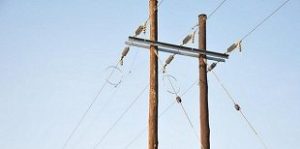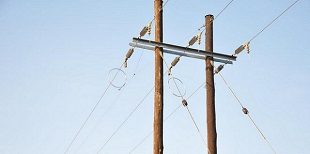ERA seeks legal powers

ERA SEEKS LEGAL POWERS TO ESTABLISH REA IN POWER DISTRIBUTION
In a bid to sustain the power to control the distribution of electricity in Uganda, ERA (Electricity Regulatory Authority) through the Energy Sector Management Program (ESMAP) financed a report to cement their mission.
This report was prepared by Ricardo Energy & Environment, a trading name of Ricardo-AEA Ltd- UK-based company in association with ICEA, France, and MRC, Spain, under a contract to The World Bank Group dated 28/09/2018. It was availed on 5th December, 2019.
Apparently, the report themed as Uganda Distribution Sector Diagnostic, is supposed to review, and give directions for future reforms for long-term sector development and acceleration of electricity access expansion.
However, there is a hidden agenda that is passed through suggestions and recommendations; particularly in legal and regulatory frame work.
“REA should be established as a legal entity under primary legislation which would also include a list of its duties and a framework for coordinating its activities with other Government entities, particularly,” the report states.
It further notes: “this recommendation essentially emerges from the observation that REA currently plays an active operational role in Uganda (owner of most rural distribution assets).”
The report states that should this role be retained, then REA’s activities should fall under the scope of regulation of the ERA – which requires REA to have a legal identity.
That REA does not necessarily need a legal identity if it purely becomes an agency in charge of leveraging funds for main grid, mini-grid, and SHS projects (as suggested in the analysis).
The report suggests a lot of power to ERA; that ERA should be provided with a range of sanctions with varying levels of severity that could be applied to Service Providers who fail to comply with licence requirements.
That ERA should continue to develop output-based incentive arrangements to encourage capital and operational expenditure efficiency, higher levels of quality of service, and increased electricity access to the grid
That Life line tariffs should be rolled-out throughout the country, when possible. Tariffs in areas served by mini-grids should be permitted to differ from those charged in the main grids including allowing innovative tariff structures.
The Ricardo Energy & Environment Report brings to notice that overlapping stakeholders’ mandates is impending efficiency. Ricardo Energy & Environment report that REA is not established in primary legislation causes confusion (it carries an active asset ownership role but does not fall under the scope of regulation of ERA.
It can be observed that this was why the report was financed; simply to seek for legal establishment so that it can be mandated to do foul deals.
However, the report cited need for improvements, which are required to the off-grid market. But also incentives in the regulatory framework not sufficiently focused on increasing access.
Yet the report says the level of grid access to electricity in Uganda has more than doubled over the last decade, increasing from 11% in 2010 (NDPII) to 22.1 % in 2017 (UBOS). This represents a significant improvement, but also means that access expansion needs to be substantially accelerated to achieve the SE4ALL target of universal access in 2030 . You wonder why it ties UMEME as a sole distributor to Ugandans?

